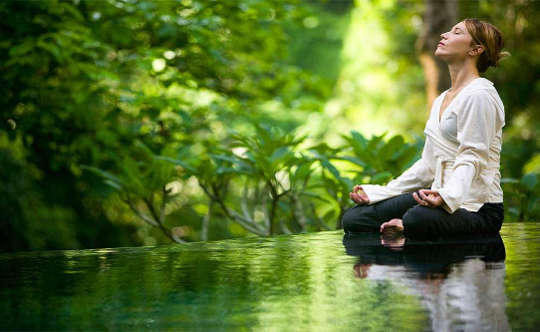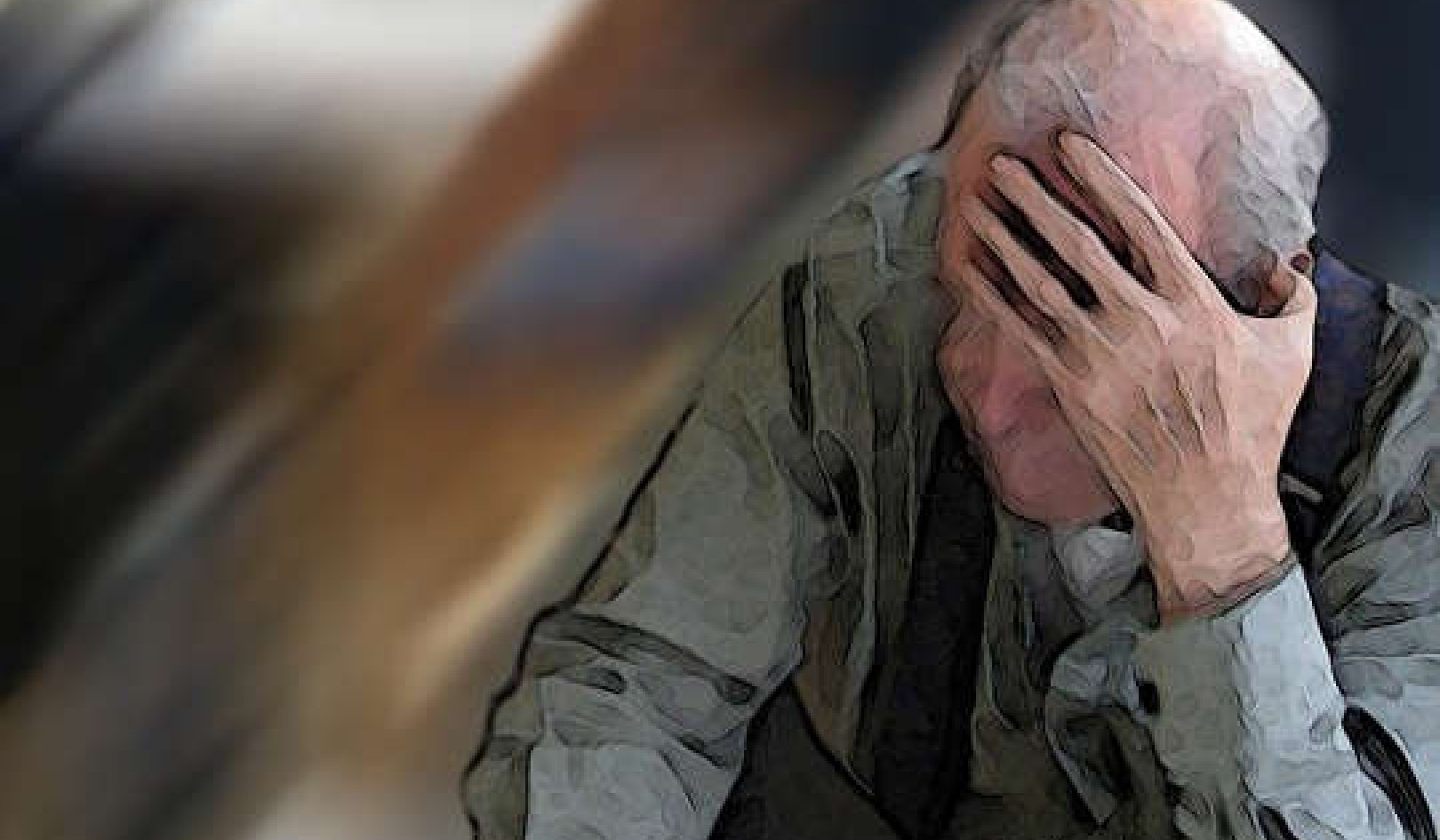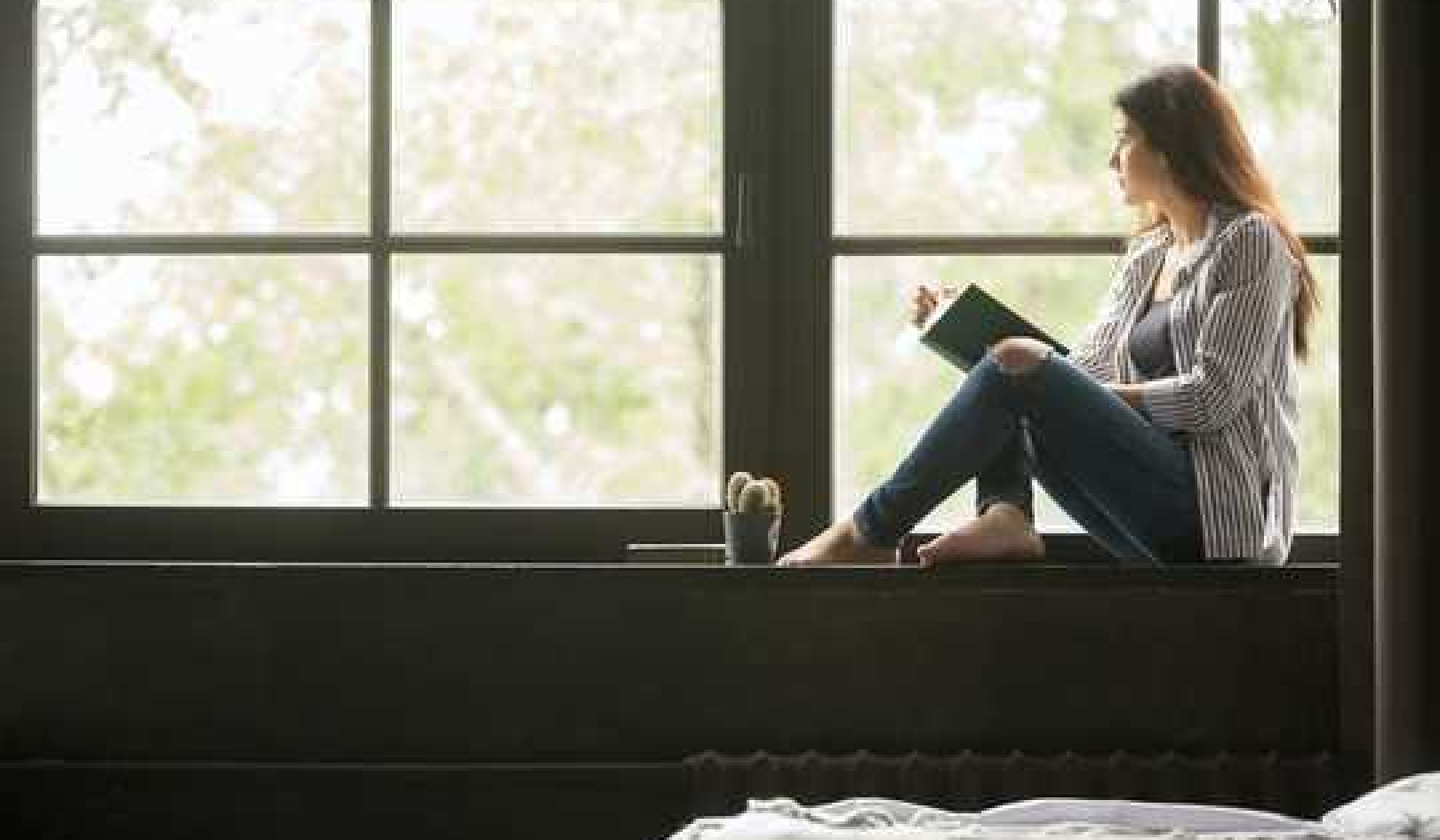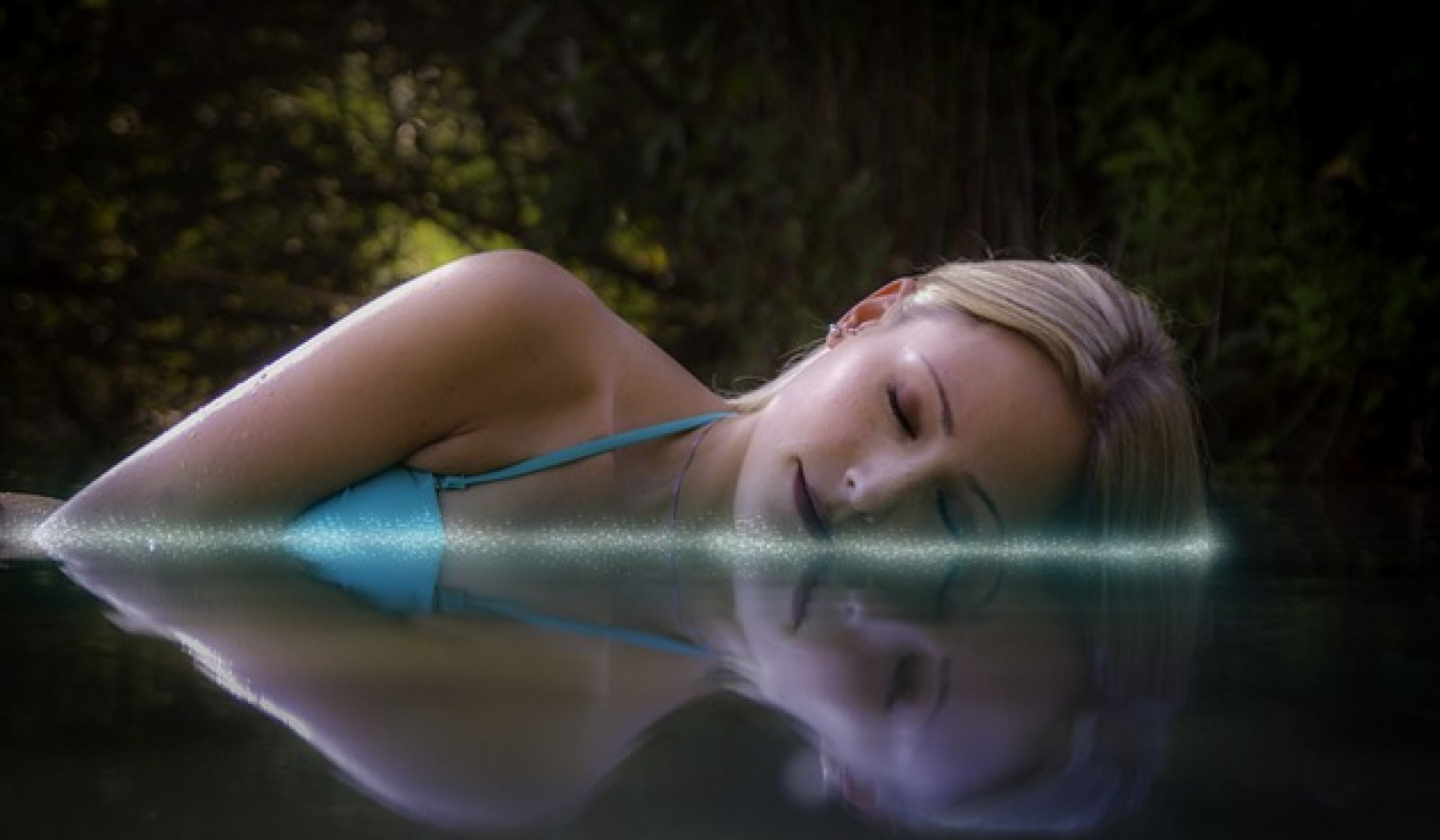
Muscles? Yes, meditation muscles. When we first go to the gym to develop physical fitness, we start with light weights and gradually increase these weights over time as our muscles develop. It is the same with meditation. We begin in a conducive, easy environment and adopt a posture that is just slightly uncomfortable.
As we continue to practice, it is wise to challenge ourselves a little so that we develop our capacity and our meditation “muscles.” To do so, experiment by meditating in gradually more challenging environments and postures.
The aim is to be able to be still, calm, relaxed and mindfully at ease in these more difficult circumstances. This helps us to develop a greater capacity to meditate when life becomes more demanding, and it deepens our experience of meditation as we learn to cope with the challenges.
Start Meditating in an Ideal Place: Establishing Comfort and Ease
 A reliable way to develop and deepen your meditation, therefore, is to begin by practicing regularly in a conducive, ideal place. Once things feel as if they are going well, meditate in new and different circumstances. For example, your routine may be to shut the door of the room that you usually meditate in, so now try leaving it open.
A reliable way to develop and deepen your meditation, therefore, is to begin by practicing regularly in a conducive, ideal place. Once things feel as if they are going well, meditate in new and different circumstances. For example, your routine may be to shut the door of the room that you usually meditate in, so now try leaving it open.
Once this is manageable, perhaps leave the TV or radio on so that you have that distraction to cope with. Perhaps meditate in different rooms; try going outside to a balcony, the backyard or a park.
Keep coming back to the peace and stability of your usual place, especially if you find it takes awhile to be able to meditate in these more challenging circumstances. But do try to extend yourself regularly, to train your mind and develop your meditation.
Challenge Your Meditation: Changing Your Posture & Environment
You can also experiment with more challenging postures. If you normally sit in a chair with a back support, try sitting forward a little so that you need to concentrate and pay attention that little bit more to maintain your posture. Have a go at sitting on the floor. Or sit on a hard bench or in a place where there is a breeze blowing that could distract you.
The intention is to challenge yourself, little by little, gradually getting used to meditating in more and more difficult postures and environments. Eventually you will be able to meditate in any situation, in a way that is independent of your environment. In this way your meditation will become very stable and reliable.
Transform Your Challenges: Accepting What You Are Unable to Change
At the beginning, make your environment and posture as conducive as possible. We know that it is possible to simply relax into the environment, relax into the posture, to feel the calm and the ease of it all, to be content to let go of thoughts of past and future, and to simply rest in the now of this present moment. To simply be.
However, if the only time, the only way that we could meditate was when it was perfectly quiet and our body was perfectly comfortable to begin with, we would rarely manage to meditate. And what use would it be to us anyway?
So do what you can. Choose a conducive environment and adopt a conducive posture. But then accept what you are unable to change or alter, and transform any challenges into something that actually supports you as you train your mind to be at peace with what is.
Reprinted with permission of the publisher,
Jeremy P. Tarcher/Penguin, a member of Penguin Group (USA).
©2011 Dr. Ian Gawler & Paul Bedson. www.us.PenguinGroup.com.
Article Source
Meditation -- An In-Depth Guide
by Ian Gawler & Paul Bedson.
 Meditation is increasingly recommended for relaxation, for enhancing relationships and well-being, to increase performance in sports and business, for personal growth, and to assist healing. Ian Gawler and Paul Bedson explain how to build a daily meditation practice and also show how meditation can be used to work with our emotions, aid healing, manage pain, or as a spiritual practice.
Meditation is increasingly recommended for relaxation, for enhancing relationships and well-being, to increase performance in sports and business, for personal growth, and to assist healing. Ian Gawler and Paul Bedson explain how to build a daily meditation practice and also show how meditation can be used to work with our emotions, aid healing, manage pain, or as a spiritual practice.
Click here for more info or to order this book on Amazon.
About the Authors
Ian Gawler is a pioneer in the therapeutic application of meditation. He is one of Australia's best known cancer survivors and advocates of a healthy lifestyle. His story offers hope and inspiration to people across the country. He is the author of the bestselling books Meditation Pure & Simple, Peace of Mind, and You Can Conquer Cancer. He is the founder of The Gawler Foundation of Melbourne, Australia.
Paul Bedson is a counselor, psychotherapist, meditation instructor, and natural therapist. He has been working in the field of mind/body medicine for more than twenty years. He teaches Mindfulness-based styles of meditation which develop wisdom and compassion through awareness of body, emotion, mind and spirit as one integrated Self.
Books by Ian Gawler:
at InnerSelf Market and Amazon



























